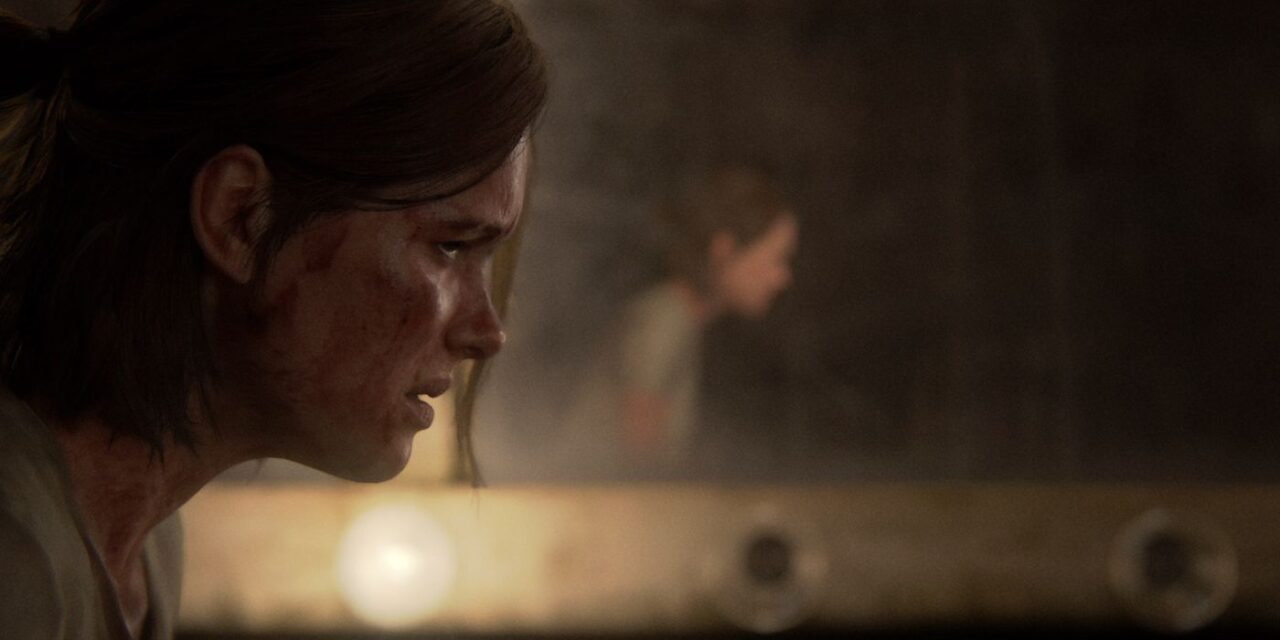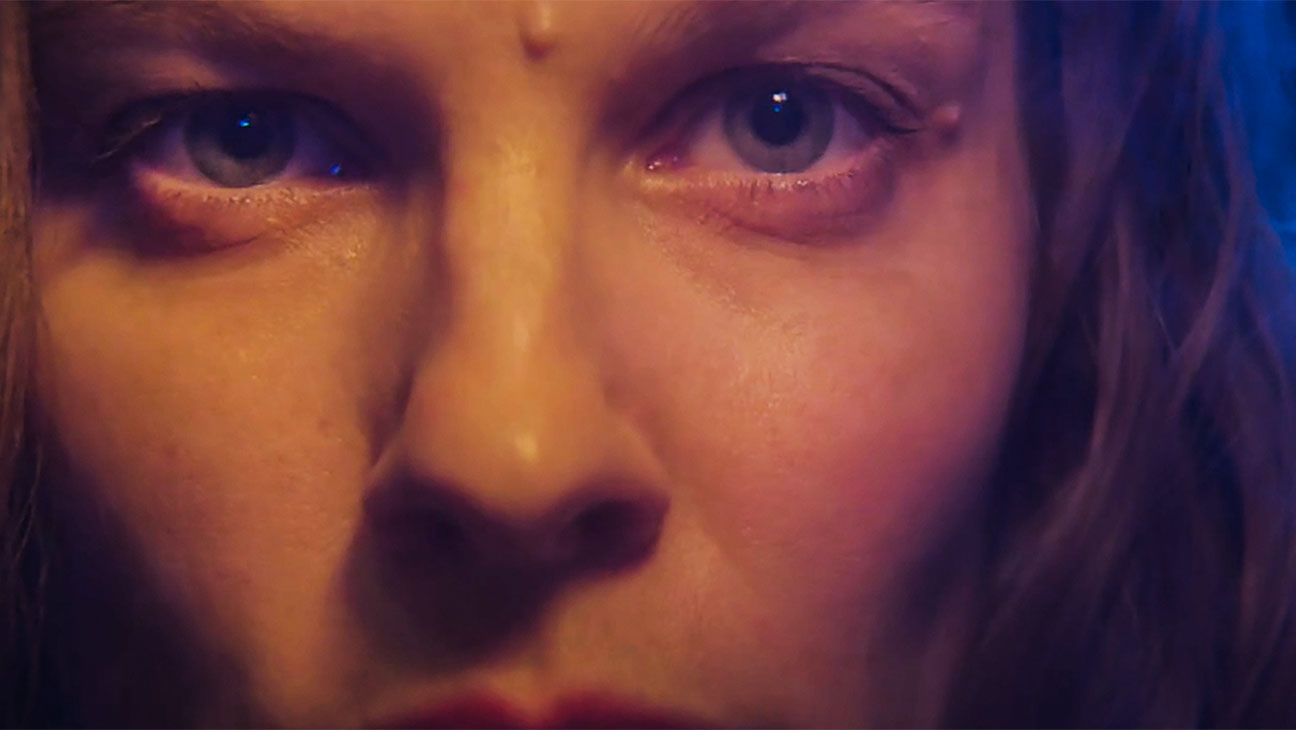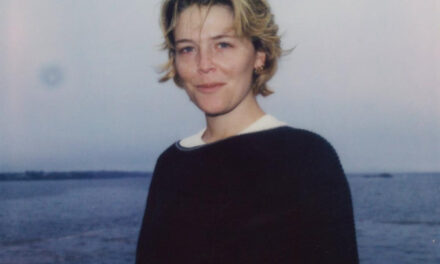‘In Case You Missed It’ is an end-of-the-year column where we look back at some of the best movies, TV, and culture moments of 2020. Maybe there was a show that was great, but flew under the radar. Perhaps there was a movie that came out and may have gotten missed because of the craziness of the pandemic. Throughout December, we will look back at what 2020 offered us.
Much like the heaviness that reverberate within the Spanish guitar chords of Gustavo Santaolalla‘s ‘Unbroken,’ the heaviness of The Last of Us Part II hits your emotions like a blunt object. The team of Naughty Dog made the post-apocalyptic landscape of Seattle, Washington even more unforgiving and anxiety-building. There are moments where you venture past the overgrown foliage, detailed buildings, and landscapes and want to take it all in. While there is a tranquil reprieve, the game will quickly remind you of the various elements that are fighting to make sure you see a quick end. This could come in the form of the Cordyceps fungus stricken horde or fellow humans themselves. Every slice of a knife or a pull of a trigger is wielded with savage intensity – to where it can feel grueling and suffocating. Each kill takes a piece of you with it.
It’s not that the virus takes a backseat in The Last of Us II, it’s quite the contrary. The player will find themselves in situations where they barely escape the clutches of stalkers, clickers, or the infamous Rat King. Co-writers Neil Druckmann and Halley Gross put an equally important emphasis on character development and the ramifications of human cause and effect. Why do situations that occur to us turn us against the best of our personal morals? What happens if you exist in the concept of morality exists among the lines of shades of gray? Where survival and revenge are the only things that are left and resources become scarce, human nature personifies our worst, more animal-like traits.
The game opens with Joel (Troy Baker) telling his brother, Tommy (Jeffrey Pierce), of what happened in the final events of Last of Us Part I. He kills the Firefly doctors and saves Ellie (Ashley Johnson), but also lies to her about the events after the fact. There are unspoken scenes that occur with Ellie’s facial expressions that foreshadow the uneasiness between Joel and Ellie. Their first interaction feels tense even when he gives her the guitar, and she asks him to remember the joke. An ominous tone is instantly established because, as the quote says, “no good deed goes unpunished.” Joel’s demeanor has been mellowed by the passing years. Towards the end of his arch, he’s just a man who tries to make things right out of a wrong situation that he created. Ellie is searching for purpose as the one she saw for herself got taken out of her hands completely.
The game elects to show instances of young Ellie and Joel bonding – with him making her birthday feel special. We also get to see how they drifted apart once Joel reveals the truth to Ellie. It’s why his sudden death in the first act of the game is so impactful. That plot thread of forgiveness is left as a burning question for the duration of the runtime. Sadness sets in once we see the last conversation, and that vagueness is one of the best that we see. Ellie immediately coming to terms and seeing the best in Joel would be easy, but not realistic. What hurts is that she becomes open to starting that healing process, and it’s ripped away from both of them.
This is not only Ellie’s story, but it’s also shared with a new major character, Abby (Laura Bailey). Ellie and Abby’s paths are forever entangled because of one choice that neither of them made. A choice made by a guardian that meant the best in a personal sense, but doomed the entire planet’s chance for a cure. Not to mention, left a young girl fatherless. At the beginning of the game, they are on the complete opposite of the spectrum. By the end, depending on how you see it, they either meet in the middle or completely switch roles. Abby trains herself to be unstoppable from a physical aspect and creates a tough interior. By TLOUII’s conclusion, she is malnourished and beaten badly. However, her emotional wall comes down, and she becomes more open to embracing others around her. We see Abby love, spare the life of an enemy, and develop a friendship with someone different from her background.
Ellie becomes so war-torn and stubbornly tunnel-visioned that she forgoes the perfect life and someone who cares for her conditionally. It’s as if she becomes the emotionless tool of war. The cover of the game depicts Ellie gritting her teeth with blood splattered across her face. By the time she pulls herself back into her humanity, it’s too late. She loses everything when she finds out that revenge isn’t the prize that will make her whole. All the while, you may understand, and you just want some reprieve for both characters who have been through so much for different reasons. Or maybe you don’t and that’s perfectly fine.
The Last of Us II also deals with a lot of real-world complexities. Ellie’s initial outing of her lesbian relationship with Dina (Shannon Woodward) is met with ignorant disgust at the town dance. Lev (Ian Alexander) being transgender is rejected by his own mother to where she tries to kill him and the Seraphites cult. The Washington Liberation Front is entrenched in a war with the Seraphites, calls them ‘scars’ which is a slur towards their appearance. The Seraphites are beholden to a religious structure that pushes them to murder people who they deem are filled with sin. The ugliness of the world is very much a metaphorical depiction of the human collective that inhabits it. Even with this, instances of beauty occur. Such as Ellie taking the time to sing A-Ha‘s ‘Take On Me’ as Dina gets lost in admiration or when Ellie has time with Dina and Jessie’s son. In a game that makes an emphasis on choices, it was great to see Lev embrace who he truly is despite his background. Life gives us situations of great pain and loss, but also ones of joy and thankfulness. Sometimes, the family you end up with comprises the unlikeliest of people.
By the game’s conclusion, it brings the gamer through an array of emotions. In many stories, there might be a clear definition of a winner or loser. We love it when the unlikely hero rises to prominence and takes down the insidious antagonist to say the day. It makes us feel safe to know that evil itself will ultimately fall, no matter how pervasive it is. Who has the higher moral ground of good and fallen enough to the depths of depravity? The Last of Us Part II doesn’t give us a clear-cut answer. The story elects for us to make a choice, and that is the intelligence of the game itself. The complexities of human emotion are scary and uncertain. Someone you have known for years can suddenly change, and there is absolutely nothing you can do about it. Dina’s love is the light in Ellie, no matter how many times she rejects it. However, like the virus, if grief and vengeance both grow unaddressed, it will destroy what you know to love most.
Do you feel that Ellie’s late act of mercy came too late, despite her going down the rickety road of revenge and left innocent people dead at her feet? Or do you recognize the monumental loss of Joel and the obvious signs of PTSD that keeps her on an unrelenting path that costs her everything? Maybe you resonate more with Abby, whose anger turns her into a killing machine leading to the shocking, but the somewhat understandable act of killing Joel. However, by the end of the game, she spares Ellie, rejects her group’s creed, and becomes a companion to Lev. It’s not so clear, and that’s the hard part. If you aren’t aware of the consequences of choice, look no further than the last frames of the game itself. Ellie sits down to play the guitar one last time and because she loses a finger, she can no longer play the song (Pearl Jam‘s ‘Future Days’) that keeps the connection to Joel alive. Every action has a consequence to them and everyone has blood on their hands.
Maybe that’s why there was such a visceral reaction to how TLOUII plays out. It doesn’t neatly tuck us in and comfort us to let us know everything is going to be fine. Sometimes it is. Co-writers Druckmann and Gross provided a premise that wasn’t a fairy tale, but the story we needed to explore. Because while there were acts of redemption, in the desolate world of Last of Us II, nobody is really truly without fault.
When the game is over and the last image is the lifeboat alongside a beach, I had to take a breath. I was angry, exhausted, and eventually appreciative of the experience I just had. Few video games stick with you after you turn off the power button. We could have easily gotten a sequel that fell along the same lines as the first game, but The Last of Us II challenged me. It caused me to appreciate that it didn’t take the beaten path and provided the story I needed, and not the one I wanted. For that, the experience was better for it.













